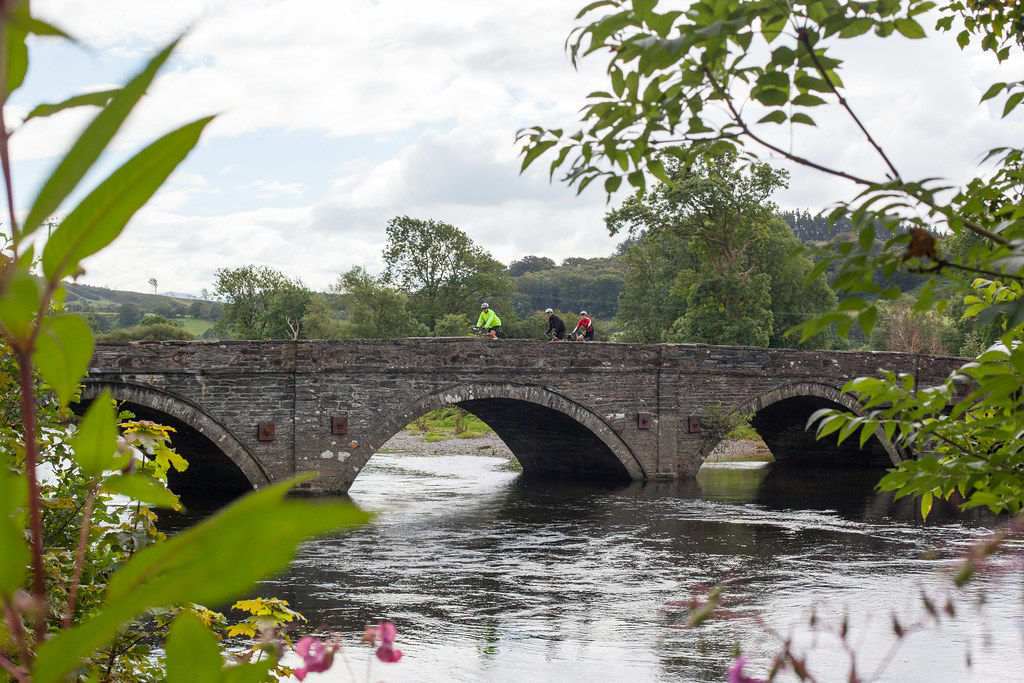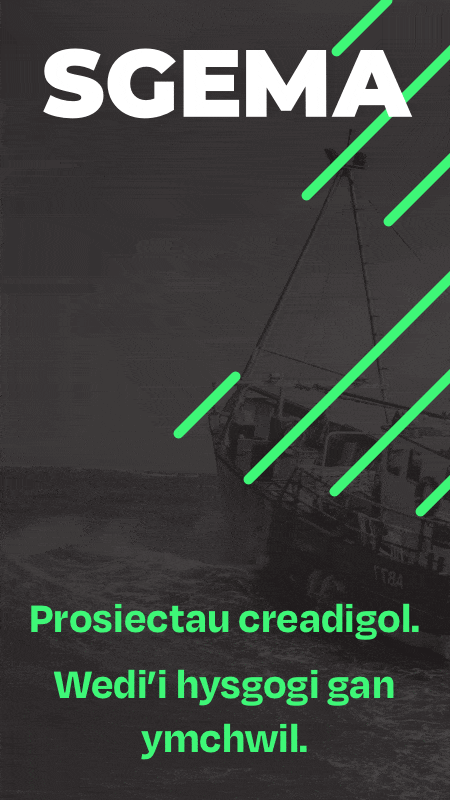Wales is currently grappling with a severe nature emergency, with a staggering 17% of its species facing the threat of extinction. This distressing situation primarily results from habitat loss, pollution, and the harrowing impacts of climate change. In addition to the broader concerns of pollution, river pollution poses a significant threat to the natural beauty and ecological balance of Wales. The contamination of rivers with various pollutants has severe consequences for both the waterways themselves and the diverse wildlife that depends on them.
One of the causes of river pollution in Wales is industrial waste discharge. Industries often release harmful chemicals, heavy metals, and untreated wastewater into rivers, compromising water quality and creating toxic environments for aquatic organisms. This pollution endangers not only fish and other aquatic species but also disrupts delicate food chains and ecosystems that rely on the rivers.
Agricultural activities also contribute to river pollution. Excessive use of fertilisers and pesticides in some farming practices can result in runoff, carrying harmful substances into rivers. This can cause algal blooms, deplete oxygen levels, and harm aquatic life. Additionally, improper waste management from livestock farming can lead to the contamination of water sources with manure and other waste materials.
Another significant concern is the discharge of untreated sewage into rivers. Inadequate or malfunctioning wastewater treatment systems can release raw sewage directly into waterways, introducing harmful bacteria and pathogens. This pollution poses a risk to human health and a serious threat to the survival of aquatic ecosystems.
The impact of river pollution extends beyond the immediate environment. Many rivers in Wales serve as vital water sources for communities, and pollution compromises their availability and quality. Moreover, polluted rivers can negatively impact the tourism industry as visitors are deterred from engaging in recreational activities such as fishing, boating, wild/outdoor swimming, or enjoying the natural beauty of these waterways.
Acknowledging the urgency of the situation, the Welsh Government has set a target of reducing river pollution by 50% by 2030. This commitment underscores the determination to safeguard the health of Wales’s waterways and protect the diverse array of species that depend on them.
To achieve this target, numerous organisations are working to address river pollution in Wales. Natural Resources Wales, Dŵr Cymru – Welsh Water, and third sector organisations such as the Welsh Wildlife Trust, are just a few of the organisations striving to protect and restore the integrity of Welsh rivers. They play a crucial role in monitoring water quality, enforcing regulations, and implementing measures to mitigate pollution.
To address the issue of river pollution in Wales, concerted efforts are required, including:
- Strengthening regulations and enforcement: stricter regulations should be implemented to limit industrial waste discharge and ensure the proper treatment of effluents before they are released into rivers. Regular monitoring and robust enforcement are necessary to hold polluters accountable for their actions.
- Promoting sustainable farming practices: encouraging farmers to adopt sustainable agricultural practices can minimise the use of harmful chemicals and mitigate the risk of run-off into rivers. Implementing effective land management techniques, such as buffer zones and cover crops, can help reduce pollution from agricultural activities.
- Upgrading wastewater treatment infrastructure: investment in upgrading and maintaining wastewater treatment plants is crucial to ensure that sewage is effectively treated before being discharged into rivers. Modernising infrastructure and promoting the use of advanced treatment technologies can significantly reduce the impact of sewage pollution.
- Raising awareness and community involvement: educating the public about the importance of river conservation and the detrimental effects of pollution can foster a sense of responsibility. Engaging local communities in river clean-up initiatives and promoting citizen science programmes can help monitor and address pollution issues effectively.
Reducing our own environmental impact is essential. Adopting sustainable practices in our daily lives, such as minimising the use of harmful chemicals, properly disposing of waste, and conserving water, can help prevent pollution from reaching our rivers. Small changes in our habits can have a significant cumulative effect in safeguarding the quality of water resources.
In addition to individual actions, collective advocacy is crucial. Speaking to elected representatives about the importance of protecting our waterways and supporting initiatives aimed at reducing river pollution can help amplify the message and drive meaningful change.
By addressing river pollution in Wales, we can protect the integrity of our waterways, preserve vital ecosystems, and ensure the well-being of both wildlife and local communities. Through collective action and a commitment to sustainable practices, we can restore the health and vitality of Welsh rivers for future generations to cherish.



